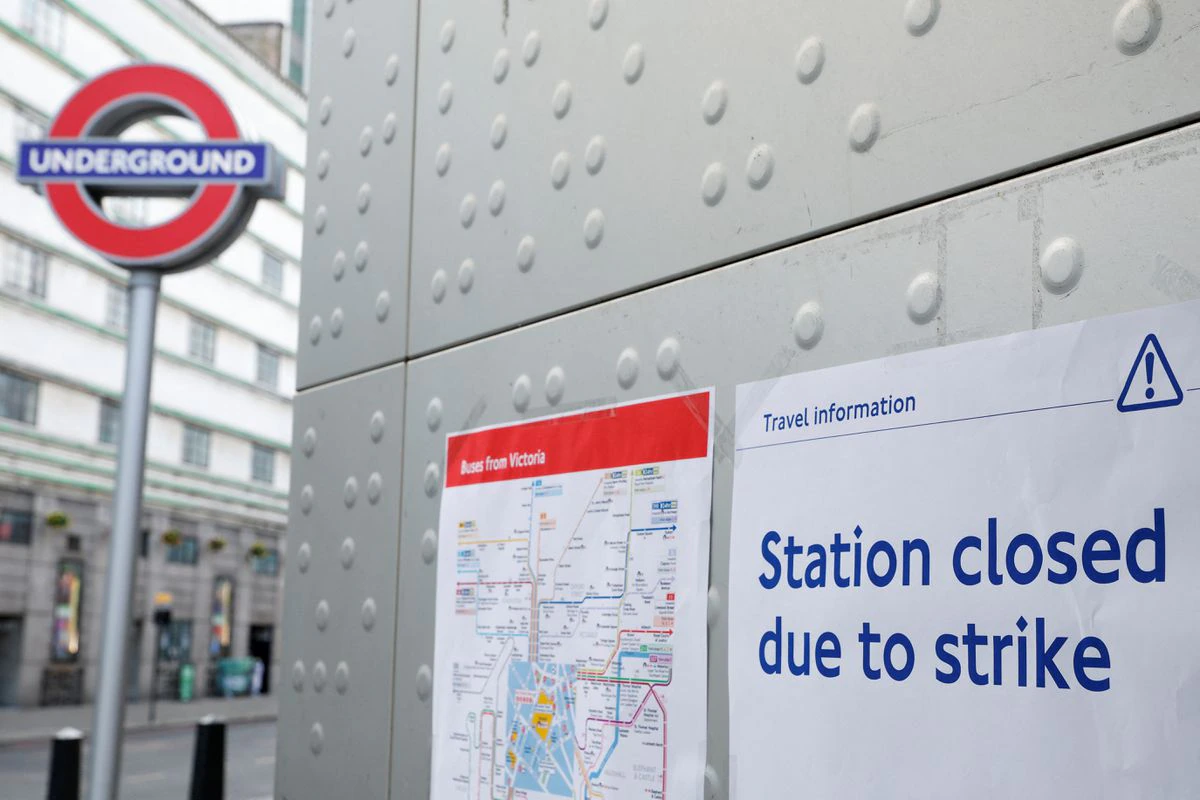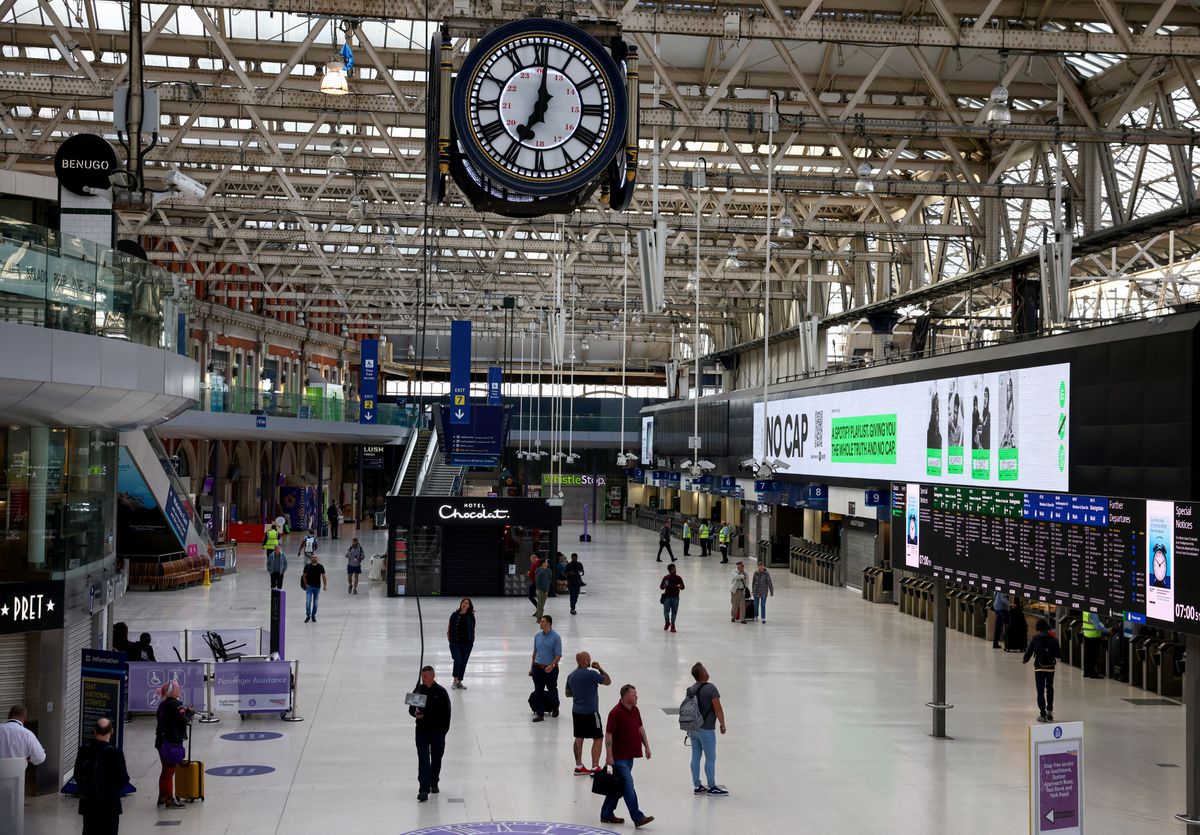
The biggest rail strike in 30 years began on Tuesday, with tens of thousands of workers walking off the job in a wage and employment dispute that could lead to wider industrial action across the economy in the coming months.
Some of the over 40,000 rail workers set to strike on Tuesday, Thursday, and Saturday gathered at picket lines early in the morning, bringing the network to a halt and leaving major stations desolate. Due to a second strike, the London Underground metro was also mostly shut down.
Under pressure to do more to assist British people facing the worst economic downturn in decades, Prime Minister Boris Johnson warned the strike will hurt businesses as they recover from the pandemic.
The train strikes, according to unions, could be the start of a ‘summer of discontent,’ with teachers, medics, waste disposal employees, and even barristers considering strike action as food and fuel prices rise to 10 percent.
Mick Lynch, secretary-general of the Rail, Maritime and Transport Workers (RMT), told Sky News, “The British worker needs a pay boost.”
“They need job stability, reasonable working conditions, and a fair deal in general; if we can get that, we won’t have to cope with the British economy’s current and potential summer disruptions.”
According to Johnson, labour unions are harming the individuals they claim to be assisting.
According to his office, he will tell his cabinet on Tuesday, ‘By pushing forward with these rail strikes, they are driving away commuters who ultimately support the jobs of rail workers, while also harming companies and communities around the country.’

Opposition MPs have chastised the government for refusing to participate in the discussions to resolve the conflict. Ministers believe it’s up to the unions to negotiate directly with rail companies.

Post Your Comments